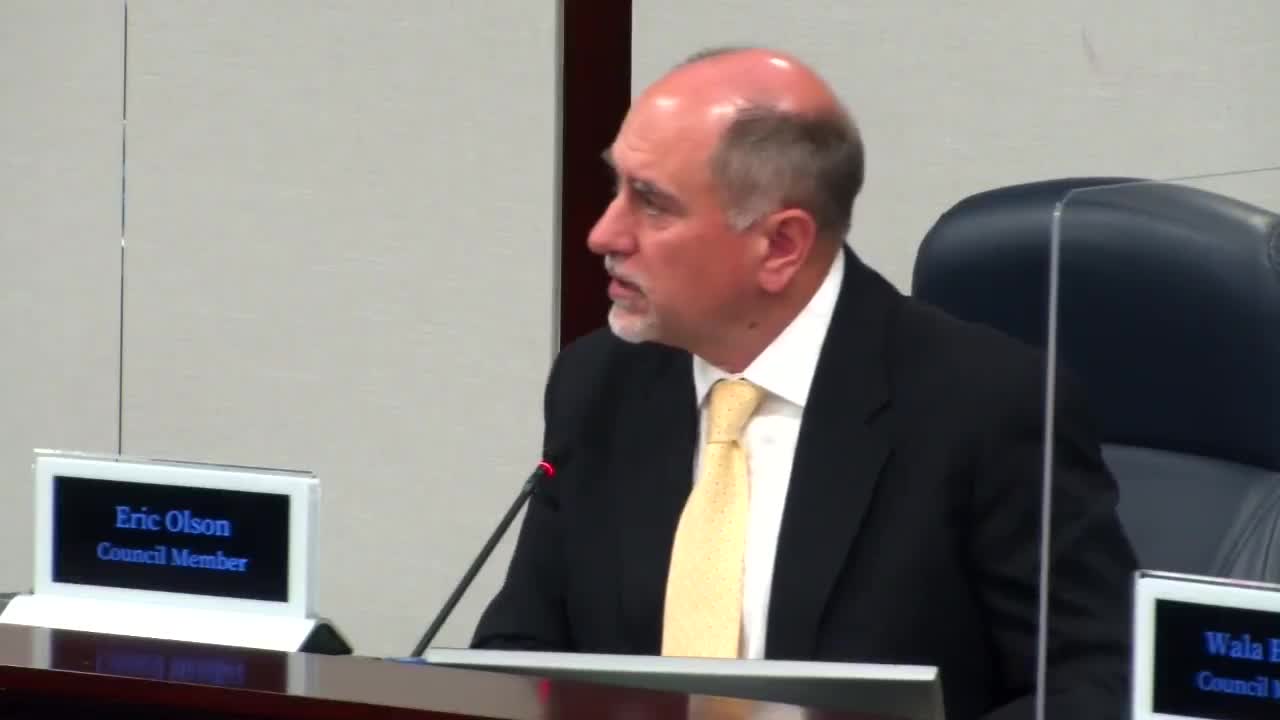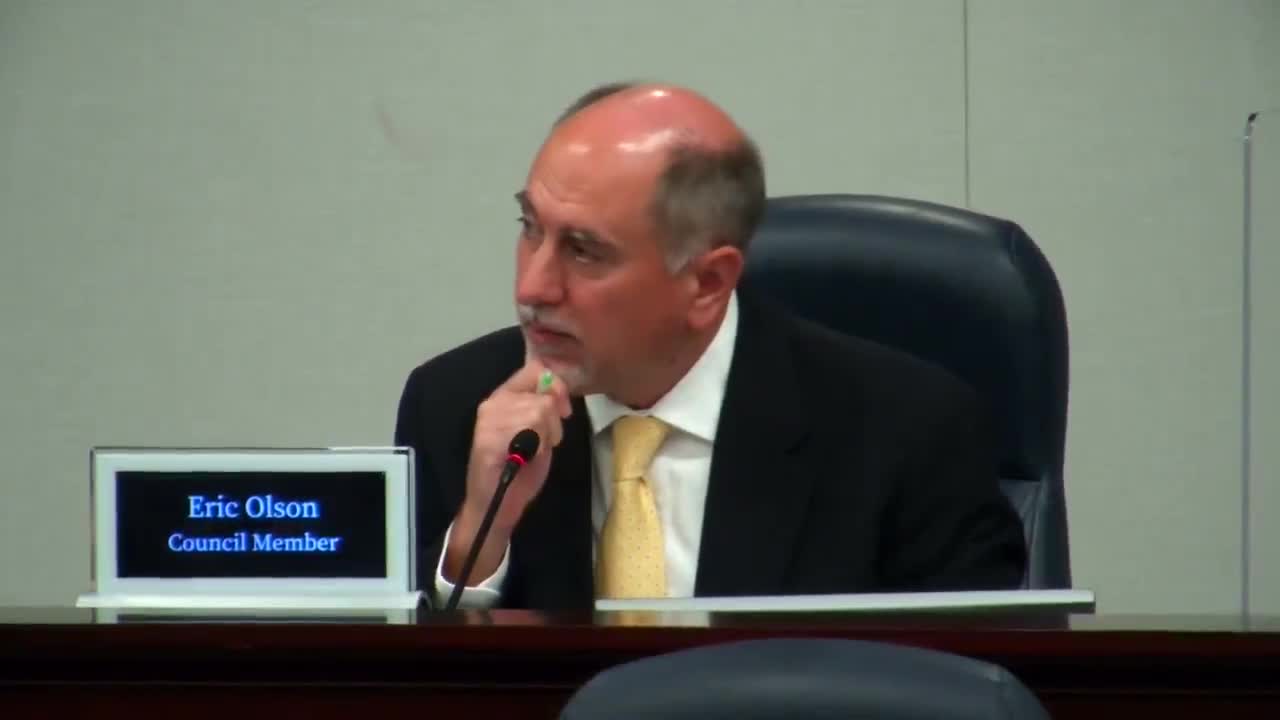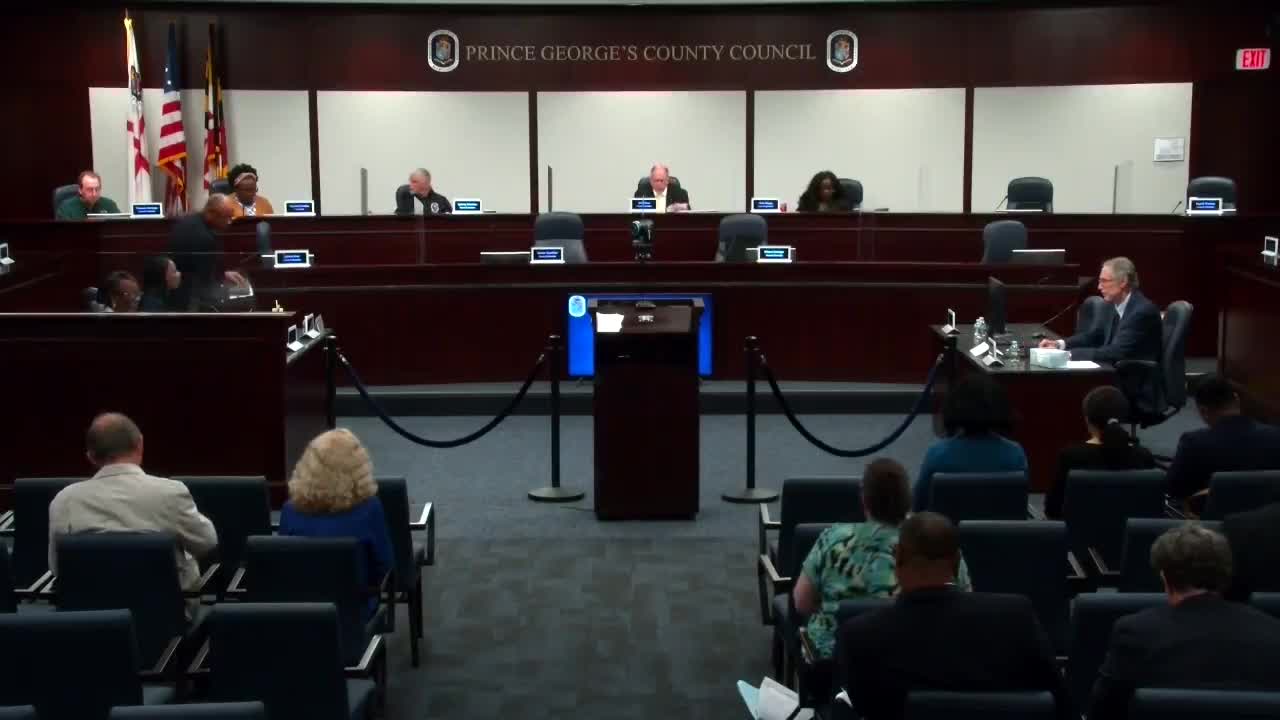Article not found
This article is no longer available. But don't worry—we've gathered other articles that discuss the same topic.

Committee advances anti‑litter and weed enforcement measure requiring county to abate commercial properties

Committee approves bill requiring annual council review of county repaving lists

